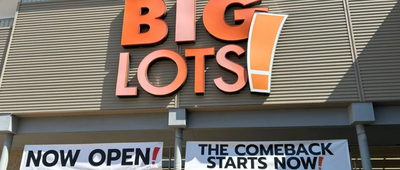SMALL BUSINESS, BIG SAVINGS
Entrepreneurs looking for a place to base their operations can take their pick from cities across the country that are business friendly and affordable at the same time. A recent study from WalletHub ranked the best cities to start a business based on 19 key metrics across three categories: business environment, access to resources, and business cost. Cheapism used that study and weeded out any cities with a cost of living greater than 5 percent above the national average. Finally, Cheapism conducted its own research to tell ambitious entrepreneurs more about what they can expect to find if they do ever decide to set up shop in any of these business-friendly hotspots.
























